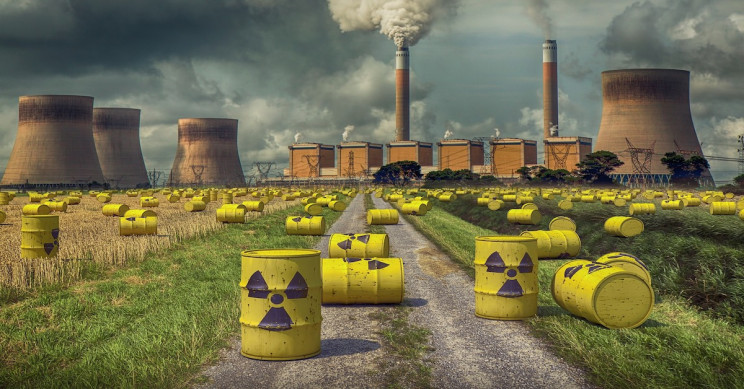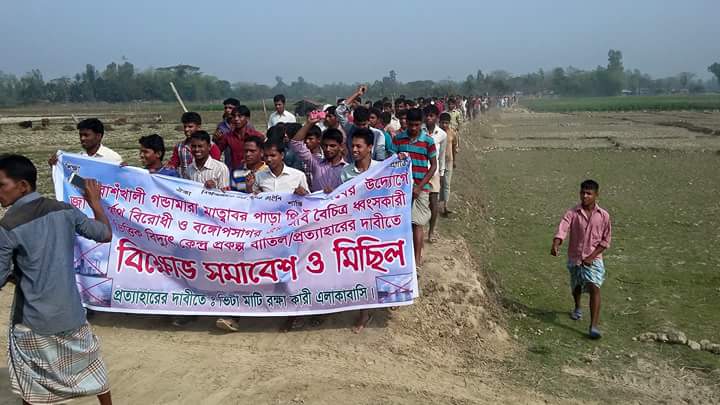The Rooppur Nuclear Power Plant: The Long, Troubled, Costly and Dangerous Life and After-Life of a Very Old Idea
M V Ramana and Zia Mian

The Article has been written for Sarbojonkotha by renowned physicist and expert on Nuclear energy- M V Ramana and Zia Mian. M. V. Ramana is a physicist and the Simons Chair in Disarmament, Global and Human Security and Director of the Liu Institute for Global Issues at the School of Public Policy and Global Affairs, University of British Columbia. He is the author of The Power of Promise: Examining Nuclear Energy in India (Penguin Books, 2012) and is a former member of the Bulletin’s Science and Security Board (https://thebulletin.org/science-and-security-board). Zia Mian is a physicist and co-director of Princeton University’s Program on Science and Global Security, part of the School of Public and International Affairs, where he has worked since 1997. He also directs the Program’s Project on Peace and Security in South Asia. His research interests include issues of nuclear arms control, nonproliferation and disarmament and international peace and security. He is co-editor of Science & Global Security, the international technical journal of arms control, nonproliferation and disarmament and also co-chair of the International Panel on Fissile Materials (IPFM).
Bangladesh is on the way to having its first nuclear power plant. Designed and being built by Russia at a cost of over 12 billion dollars, the Rooppur nuclear plant has been part of an on-and-off planning process for six decades. This sixty-year quest for constructing a reactor is blind to what has been learned over the same period about nuclear energy. It could take many more years before the plant starts to produce any electricity. Intended to operate for sixty years, electricity from this power plant will contribute to higher electricity bills for Bangladeshi consumers for decades given the high cost of construction. The same amount of electricity could be had much cheaper and much more quickly. Worse, for its sixty-year working life, and possibly for longer, it will cast a shadow of a nuclear accident over the people of Bangladesh, who will be forced to live with constant worry or try to just forget. Even if an accident does not occur, the nuclear waste produced by Rooppur will threaten people and nature for millennia with risk of radioactive contamination. This is what it is now to be a nuclear-powered nation.
350



